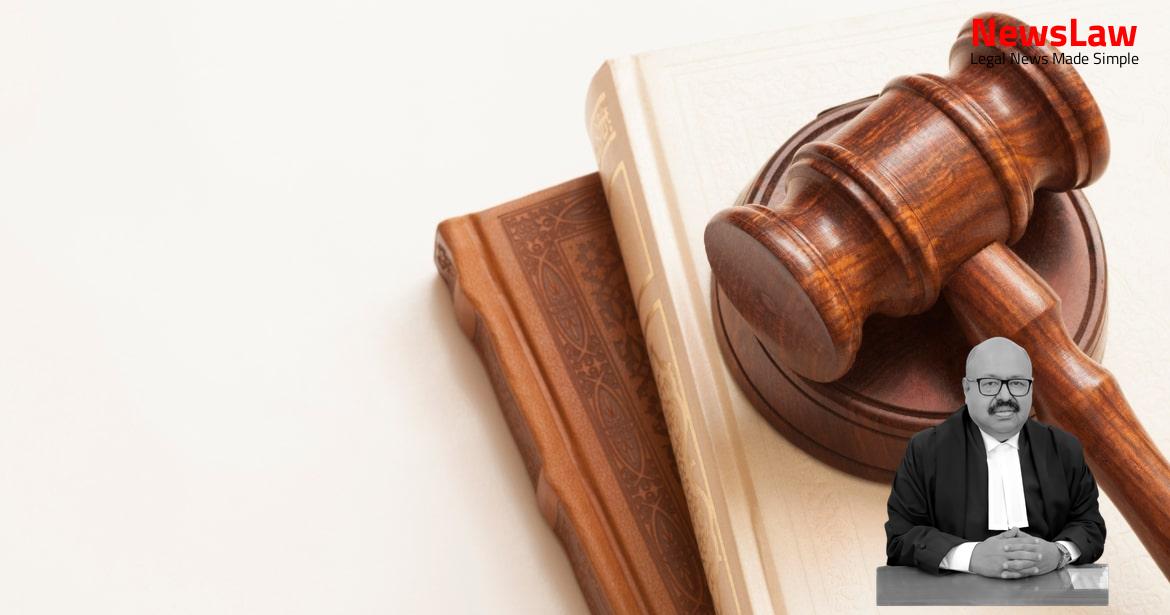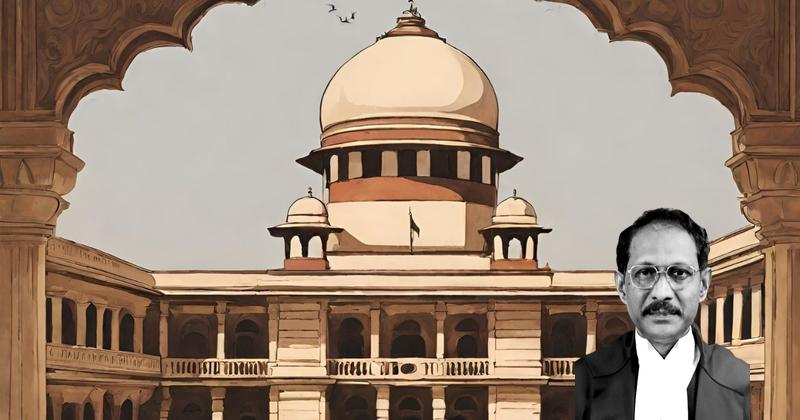Delve into the intricate legal analysis of the Urban Land Ceiling Act as the court examines the nuances of land declaration and possession. The judgment provides insights into the application of the law in cases involving surplus land allotment for public housing. Understanding the court’s stance on the matter is essential for legal clarity in land ceiling proceedings.
Facts
- Surplus land of 16000.32 square meters declared surplus.
- Late Padam Singh had 1/4 share in the surplus land.
- Possession of the surplus land was taken before the coming into force of the Urban Land (Ceiling and Regulation) Repeal Act 1999.
- The surplus land was allotted for constructing dwelling houses for the poor.
- Respondent claimed to be the sole heir and adopted son of Late Padam Singh.
- High Court dismissed the Second Appeal filed by the appellant.
- State of Madhya Pradesh filed a Civil Appeal against the judgment and order dated 08.11.2006.
- Competent authority corrected revenue entries showing the State as the owner of the surplus land.
- Extent of 16000.32 square meters of vacant land declared surplus.
- Trial Court decreed the suit on the ground that possession was not taken before the Repeal Act came into force.
- Consequential relief granted restraining the appellant from interfering with the possession of the respondent.
- First appeal filed by the appellant before the IV Additional District Judge, Bhopal was dismissed.
- Appeal was dismissed by the judgment and decree dated 23.07.2005.
Also Read: Challenging Legal Analysis in 1989 Scheme Eligibility Case
Arguments
- The appellant argues that the suit filed by the respondent is not maintainable as per the ULC Act, 1976.
- Appellant asserts that possession was taken and land was recorded in the government’s name, making the suit decree erroneous.
- Appellant spent a significant amount on constructing houses for the poor on the subject land after necessary notifications were issued under the ULC Act.
- Appellant contends that the relief sought by the respondent is belated and not maintainable when the competent authority’s orders have become final.
- Appellant cites relevant case laws to support their arguments against the respondent’s claim.
- Respondent’s counsel opposes appellant’s case, highlighting the lack of notice to the original declarant’s legal heir before possession was taken.
- Respondent calls for appropriate directions from the court if the original suit is deemed not maintainable.
- Respondent’s arguments are supported by case laws to back their stance.
- The court reviews the arguments presented by both sides and the material on record.
- Appellant asserts that possession was taken, land was recorded in the government’s name, and substantial construction for the benefit of slum dwellers has already taken place.
- The respondent filed a suit for declaration and permanent injunction.
- The prayer in the suit sought a decree declaring 16000.32 square meters of surplus land as free from the provisions of the Urban Land Ceiling Act, 1976.
- The respondent claimed that the possession of the disputed land was not received by the government before the Repeal Act came into effect.
- The respondent also sought a permanent injunction against the defendant to refrain from interfering in their peaceful possession of the land.
- The disputed land is in an Urban Agglomeration and governed by the ULC Act, 1976.
Also Read: Legal Analysis of Unilateral Cancellation of Registered Sale Deed
Analysis
- Competent authorities under the ULC Act have final authority over land declaration.
- Possession taken through a panchnama signifies physical possession.
- Any claim to possession post-panchnama is considered trespassing.
- The appellant successfully took possession and utilized the land for public housing.
- Civil courts cannot interfere once competent authority orders are finalized.
- Remedies like appeal and revision are available under the ULC Act for aggrieved parties.
- The ULC Act is a self-contained Code governing land ceiling proceedings.
- The relief sought in a suit must align with the pleadings and reliefs claimed in the suit itself.
- Relying on judgments cannot be valid if they do not support the case of the respondent.
- The decision in the case of Competent Authority, Calcutta, under the Urban Land (Ceiling and Regulation) Act, 1976 sets a precedent for allowing the appeal by overturning the judgment and decree of the trial court due to the suit’s lack of maintainability.
Also Read: Legal Analysis on Special Procedures and Dismissal Orders in Police Force Case
Decision
- The suit filed by the respondent before the learned XII Civil Judge, Class-II, Bhopal has been dismissed.
- No order has been given as to costs.
- The Civil Appeal has been allowed based on the reasons provided.
Case Title: STATE OF M.P. Vs. GHISILAL (2021 INSC 763)
Case Number: C.A. No.-002153-002153 / 2012



